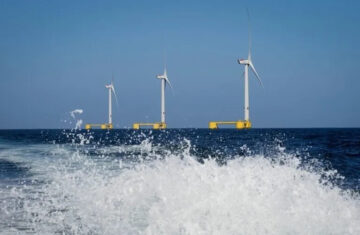A new task facing the United Kingdom
Resolution Foundation Warns of Resistance in Affluent Areas
According to a reputable think tank, in order to decarbonize Britain’s housing, transportation, and electrical system, the government will need to “take on net-zero nimbys” and increase public investment.
Although Keir Starmer has pledged to decarbonize the power system by 2030, a Resolution Foundation report stated that both public and private investment would be necessary to meet the goal.
The think tank did note that local groups would probably oppose projects necessary to achieve the goal, such as new solar farms, battery storage, and onshore wind turbines. According to the report, two-thirds of planned solar projects would be located in the wealthiest 40% of neighborhoods, and many renewable energy projects would be located in the nation’s wealthier regions.
Overcoming Local Opposition is Essential
According to Jonny Marshall, a senior economist at the Resolution Foundation, “doing this effectively will require overcoming opposition to development from net-zero nimbys, who often live in wealthier parts of the country.”
“These battles, which will not be popular with some voters but are essential for the country as a whole, require the government to be ready to win.”
The think tank suggested that financial incentives could be used to soften opposition or that local governments should be relieved of some of the responsibility for unblocking development. On the other hand, permitting local resistance might “stymie decarbonization.”
Government Action and Political Debates

Planning laws have been loosened, a de facto ban on new onshore wind turbines in England has been lifted, and the legal defense of a proposed new coalmine has been dropped by Starmer’s administration. Conservative Members of Parliament chastised Energy Secretary Ed Miliband last week for having approved a new £600 million energy farm in their constituencies near the border between Suffolk and Cambridgeshire.
Torsten Bell, the former CEO of the Resolution Foundation and a Labour MP since earlier this month, has taken aim at lawmakers who oppose new energy initiatives. This includes Adrian Ramsay, the co-leader of the Green party, who has demanded a halt to the building of electricity pylons in his constituency in East Anglia, which National Grid has referred to as “vital infrastructure” for power produced by offshore windfarms.
Bell stated last week on X that “you can be pro-zero building or pro-net zero, but not both.” Waveney Valley MP Ramsay has urged the government to take into account alternative options, claiming that they would be more suitable.
This year, Labour significantly lowered its pledge to invest £28 billion annually on green infrastructure out of concern that the Conservatives would use it as a political tool before the general election.
The Committee on Climate Change, a watchdog, stated last week that the UK would be in violation of its international commitments under the Paris Agreement if the new government did not supervise a rapid increase in the production of renewable energy.



